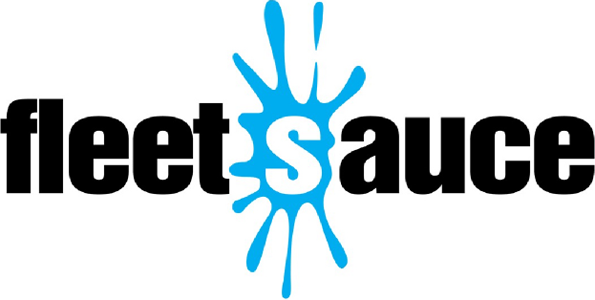
Should I Buy or Lease a Van?

(Posted on 09/04/24)
The fundamental distinction between buying and leasing lies in ownership. When you buy a van, it's yours outright. With leasing, however, you pay monthly for the vehicle and typically return it to the leasing company at the end of your contract.
The decision between buying and leasing involves weighing the pros and cons, considering your specific needs and requirements for a van.
Buying
When you purchase a van, it becomes your property, granting you the freedom to do as you please with it—whether that entails selling it or making modifications. Unlike leasing, you won't have monthly payments to contend with, but you'll face the substantial upfront cost of the van. Additionally, there's the issue of depreciation, particularly pronounced in newer vehicles. Despite these factors, buying may be preferable for those seeking greater flexibility.
Leasing
Leasing entails not owning the van outright, which can pose challenges if you wish to keep it longer or dispose of it. However, leasing often includes warranty coverage and fixed monthly costs, providing clarity and predictability in terms of expenses, especially if maintenance is included in the contract. Moreover, leasing allows you to enjoy driving a brand-new van without concerns about depreciation. At the end of the lease term, you can simply return the van and acquire another new one. For businesses registered for VAT, lease payments are tax-deductible—a significant advantage.
Some aspects of leasing may not suit everyone. Returning the van at the end of the term is a requirement, and you'll need to estimate your annual mileage at the contract's outset, with potential additional fees for exceeding the agreed-upon limit. Nonetheless, you often have the option to adjust your mileage allowance during the contract term.
Explore some of our best van deals here.
Useful Links
 Expert Advice
Expert Advice  Competitive Prices
Competitive Prices Road Tax & Roadside Assistance
Road Tax & Roadside Assistance Free National Delivery
Free National Delivery Full Manufacturer’s Warranty
Full Manufacturer’s Warranty





